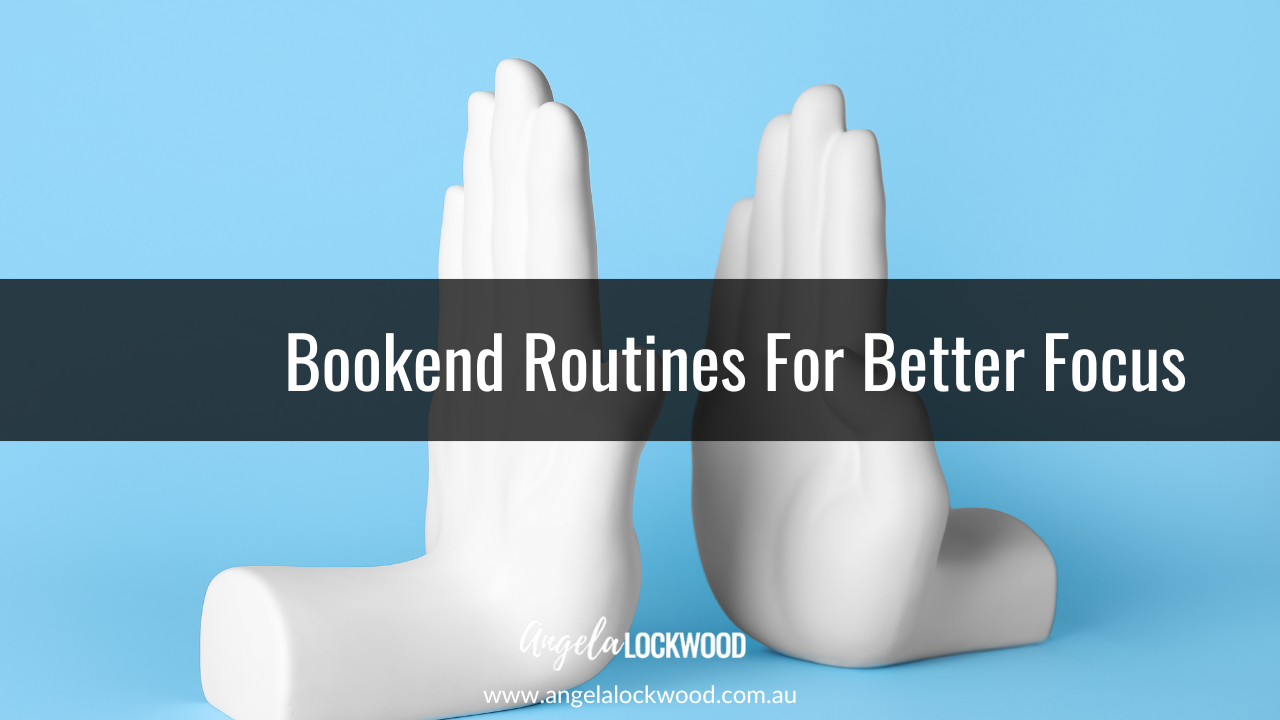5 Bedtime Rituals to Help You Sleep Better Tonight
Mar 06, 2024
Are you tired of tossing and turning at night, unable to fall asleep? You're not alone. Many of us struggle with getting quality rest. Sleep is one of the important foundations for health practices and is always a pillar for health recommendations by health professionals.
So why is sleep so difficult? In recent years, sleep has become increasingly elusive for many people, with factors ranging from lifestyle changes to societal pressures contributing to the difficulty in getting a good night's rest.
According to a comprehensive sleep study conducted by the National Sleep Foundation, a staggering 35% of adults report regularly experiencing poor or inadequate sleep. As you would guess, one significant factor behind this trend is the pervasive influence of technology, with the prevalence of electronic devices disrupting natural sleep-wake cycles. The blue light emitted by screens suppresses the production of melatonin, the hormone responsible for regulating sleep, making it harder to fall asleep and stay asleep. If you find yourself having difficulty drifting off to sleep and then waking in the middle of the night tossing and turning then changing your tech habits before you go to sleep can dramatically improve the quality of your sleep.
But it isn’t just tech to blame. The demands of modern life, including work stress, long commutes, and busy schedules impact on our ability to wind down. Due to the constant rushing we often leave little time for relaxation and unwinding before bed. Rather than slowly winding down we fall onto the bed exhausted and hope to get a good night’s sleep. Rushing through the day can heighten our stress levels and keep our minds in a state of hyperactivity, making it challenging to wind down and transition into a state of relaxation when bedtime approaches.
When we're constantly racing against the clock, our bodies remain in a state of heightened alertness, releasing stress hormones such as cortisol that can interfere with the natural sleep-wake cycle. This persistent sense of urgency can also lead to racing thoughts and an inability to mentally switch off. I know I have caught myself at the end of a long day, staring at the ceiling with the events of the day rushing through my head and before I know it 2 hours have passed and I’m still not asleep. This happens when I have not practiced my wind down rituals.
To promote better sleep, it's essential to carve out moments of calm and mindfulness throughout the day, allowing ourselves the opportunity to decompress and unwind before bedtime. Consistent bedtime routines, and prioritizing self-care practices that promote relaxation and restful sleep help in these situations.
But it isn’t just device use and a busy mind that impacts our sleep.
Several other factors can impact our ability to sleep, including:
- Stress and Anxiety. High levels of stress or anxiety can make it difficult to relax and fall asleep. Racing thoughts and worries can keep the mind active, preventing the transition into sleep.
- Poor Sleep Environment. Factors such as uncomfortable bedding, excessive noise, bright lights, or an uncomfortable room temperature can disrupt sleep quality and make it harder to stay asleep throughout the night.
- Irregular Sleep Schedule. Inconsistent bedtimes and wake-up times can disrupt the body's internal clock, leading to difficulties in falling asleep and waking up feeling refreshed.
- Caffeine and Stimulants. Consuming caffeine or other stimulants too close to bedtime can interfere with sleep by increasing alertness and disrupting the natural sleep-wake cycle.
- Poor Sleep Hygiene. Engaging in stimulating activities before bedtime, such as watching TV, using electronic devices, or engaging in vigorous exercise, can hinder the body's ability to relax and prepare for sleep.
- Medical Conditions. Certain medical conditions, such as sleep disorders (e.g., insomnia, sleep apnea), chronic pain, or mental health disorders (e.g., depression, bipolar disorder), can significantly impact sleep quality and duration.
- Medications. Some medications can have side effects that disrupt sleep, either by causing insomnia or excessive drowsiness.
- Diet and Nutrition. Consuming heavy or spicy meals close to bedtime can lead to indigestion and discomfort, making it harder to fall asleep. Additionally, deficiencies in certain nutrients, such as magnesium or vitamin D, can affect sleep quality.
So as you can see there are alot of factors that come into play when it comes to getting quality sleep. Addressing these factors and implementing strategies to promote relaxation and a healthy sleep environment can help improve sleep quality.
By incorporating a few mindful rituals into your bedtime routine, you can create an environment conducive to relaxation and sleep.
Here are 5 things you can do before you hit the hay to improve your sleep quality (these are my 5 pre-bed rituals):
- Plan for Tomorrow: Before you crawl into bed, take a few minutes to jot down your top priorities for the next day. This simple act helps declutter your mind and allows you to approach tomorrow with clarity and purpose.
- Disconnect from Devices: It's no secret that the blue light emitted by screens can disrupt our sleep patterns. Give your brain a break by powering down your devices at least an hour before bedtime. Instead, opt for activities that promote relaxation, such as reading a book or practicing gentle yoga.
- Reflect: Spend some time reflecting on the events of the day. Write down three things you're grateful for, one thing you've learned, and something you're looking forward to. This practice of gratitude can help shift your focus from worries to blessings, promoting a sense of peace and contentment.
- Breathe: Deep breathing is a powerful tool for calming the mind and body. Try the 4-4-4 technique: inhale deeply for 4 counts, hold for 4 counts, and exhale slowly for 4 counts. As you breathe, visualize tension melting away from your body, leaving you feeling relaxed and serene.
- Thank Your Day: Before drifting off to sleep, take a moment to express gratitude for the gifts of the day. Whether it's a kind gesture from a coworker or a beautiful sunset, acknowledging the positives in your life can cultivate a sense of joy and fulfillment.
Incorporating these simple rituals into your bedtime routine can help you unwind and prepare for a restful night's sleep. So tonight, why not give it a try?
Sweet dreams! 🌙✨![]()






